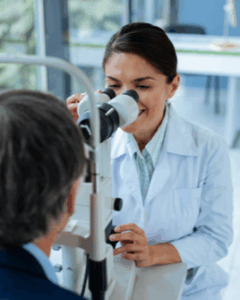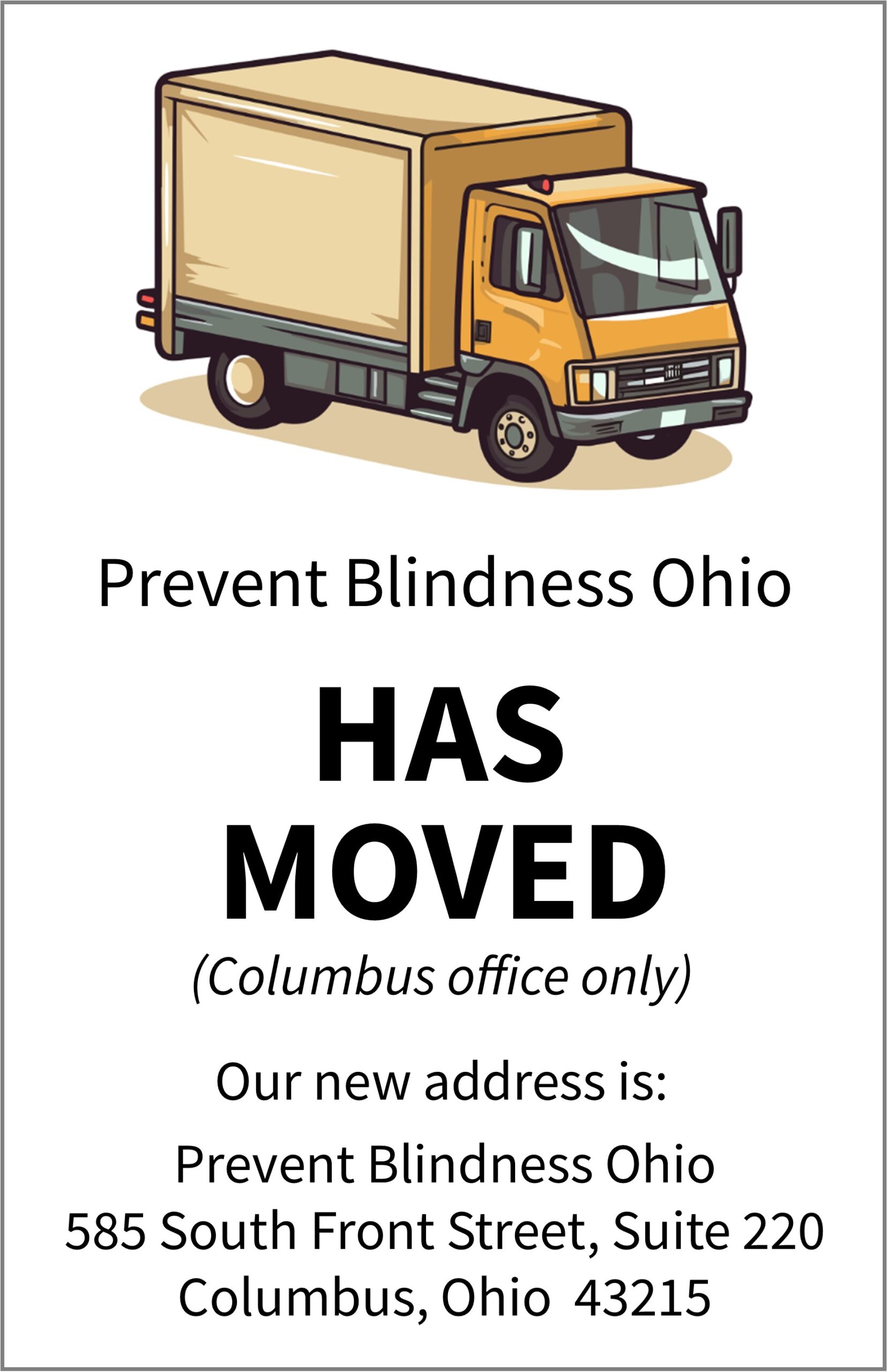
Ophthalmologist
- Type: Medical Doctor (M.D. or D.O.)
- Role: A physician who specializes in medical and surgical eye care.
- Services Provided:
- Comprehensive eye exams
- Diagnosis and treatment of eye diseases (e.g., glaucoma, macular degeneration)
- Eye surgery (e.g., cataract removal, LASIK, retinal surgery)
- Prescription of glasses and contact lenses
- Training: Bachelor’ Degree + Medical school + residency in ophthalmology
Optometrist
- Type: Doctor of Optometry (O.D.)
- Role: A healthcare professional who provides primary vision care.
- Services Provided:
- Vision testing and correction
- Diagnosis and management of certain eye conditions (e.g., dry eye, conjunctivitis, glaucoma)
- Prescribing glasses and contact lenses
- Co-management of eye surgery (e.g., pre- and post-operative care)
- Training: Optometry school + bachelor’s degree
Optician
- Type: Technician (licensed or certified in some regions)
- Role: A trained professional who fits and dispenses corrective lenses based on prescriptions from ophthalmologists or optometrists.
- Services Provided:
- Helping patients choose frames and lenses
- Adjusting and repairing eyewear
- Training: Varies by state or country; may include formal education and/or apprenticeship
Other Vision Care Providers (not limited to):
Orthoptist
- Role: Specializes in diagnosing and managing eye movement disorders and binocular vision issues (e.g., strabismus, amblyopia)
- Typically works under: Ophthalmologists
- Training: Specialized post-baccalaureate training
Ocularist
- Role: Designs, fabricates, and fits custom artificial eyes (prosthetic eyes)
- Training: Specialized apprenticeship and certification
Vision Therapist
- Role: Provides therapy (under optometrist supervision) to treat certain vision problems like eye tracking or convergence insufficiency
- Training: Often works in optometric practices

